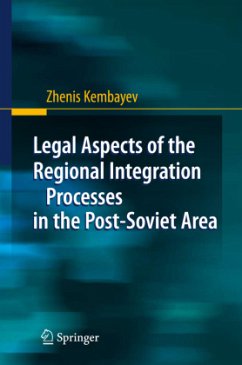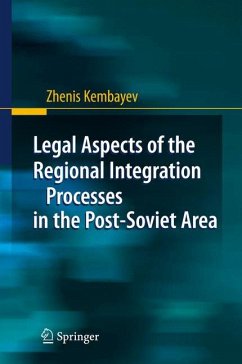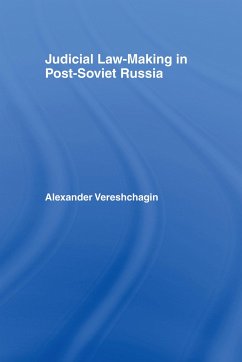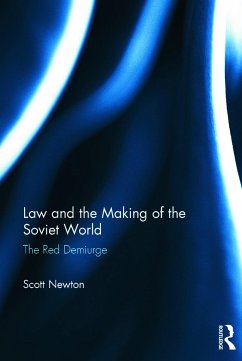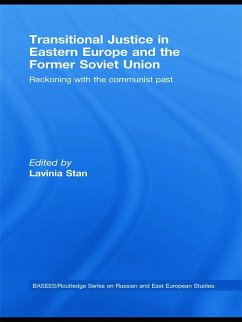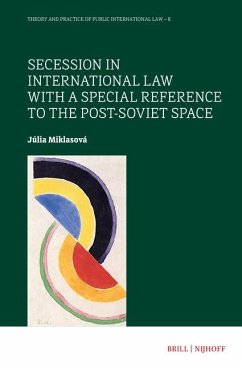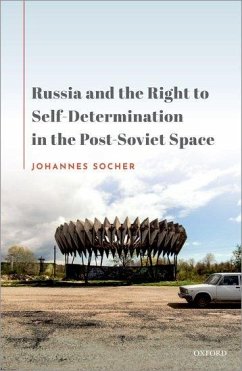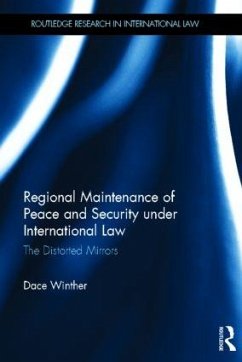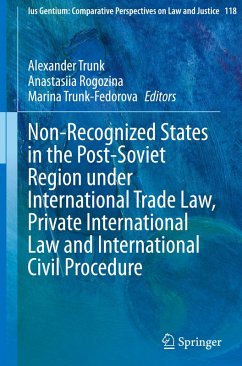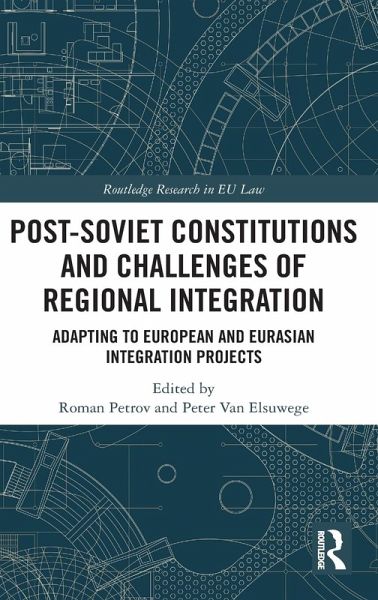
Post-Soviet Constitutions and Challenges of Regional Integration
Adapting to European and Eurasian integration projects
Herausgeber: Petrov, Roman; Elsuwege, Peter van
Versandkostenfrei!
Versandfertig in 1-2 Wochen
167,99 €
inkl. MwSt.
Weitere Ausgaben:

PAYBACK Punkte
84 °P sammeln!
Aiming to map out the constitutional challenges deriving from the European and Eurasian integration processes and identify options for reform to ensure post-Soviet countries' effective participation in those processes, this book studies the implications of ongoing regional integration projects for the constitutional orders of post-Soviet countries affected by the processes of European and Eurasian integration. Examining the implications of regional integration for the national constitutional orders of key post-Soviet countries, it provides detailed reports on constitutional orders and their ad...
Aiming to map out the constitutional challenges deriving from the European and Eurasian integration processes and identify options for reform to ensure post-Soviet countries' effective participation in those processes, this book studies the implications of ongoing regional integration projects for the constitutional orders of post-Soviet countries affected by the processes of European and Eurasian integration. Examining the implications of regional integration for the national constitutional orders of key post-Soviet countries, it provides detailed reports on constitutional orders and their adaptability to regional integration projects by leading academics from the countries concerned.




